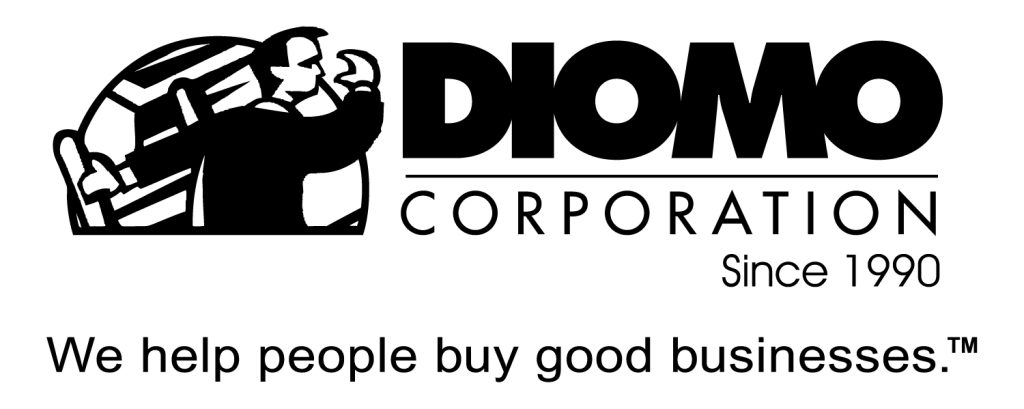Question:
I was wondering if in one of your newsletters you can address more detail on seller financing. More specifically, what typically happens if the new owner is late on payments or stops payments? Most sellers would not like to take the business back, and I would assume most buyers do not want to put up personal collateral. If there are tangible assets the business has, could the seller use that as collateral without being responsible for the lease of the business? In general, how does this play out when things go bad?
Answer:
This is an excellent question and I’m surprised that it has not been brought up earlier. In a nutshell, it isn’t pretty when seller financing, or any financing for that matter “goes bad”. Let’s keep in mind that
in most seller notes the business assets are the security.
While these notes are generally signed for personally by the buyer, they usually do not have personal assets pledged. Plus the fact is
should it get to the point where the buyer isn’t paying the seller, it’s unlikely that they (the buyer) have any assets at all to cover the loan regardless of having signed personally.
Typically, a buyer and seller will have a note between them specifying the remedies and cures for a breach in payment. Generally,
if the seller does not receive their regularly scheduled payment within a certain number of days after it’s due, they are required to notify the buyer that they are in breach, and the buyer has a set number of days to cure it.
If not, the remedies per the contract will be triggered.
If the buyer simply cannot pay the loan, and the note is secured by the business assets, then yes, the seller can take the business back.
Unfortunately, the business is usually not in anywhere near the shape it was in prior to being sold. It usually resembles a house that has been in disrepair for quite some time. Nevertheless, this is generally the mechanics of what transpires.
Regarding the lease, it can get complicated but in essence unless the original seller has remained on the lease as a guarantor when it was sold, they are no longer responsible and they can in fact take possession of the business assets and either sell them or run the business.
However, should they choose the latter, and require a location to operate the business, then they may have to take over the lease as well. Now, it can get complicated if for example the buyer had been paying the note, but not the rent. If there was no lien filed against the assets the landlord may have taken possession of the property.
Often in a note of this nature, there will be a subordination agreement between the lender (the seller) and the landlord that provides for a mechanism for the lender (seller) to take over the business in the location without the landlord’s interference so long as the seller pays any back and future rent.
As you can see, when deals go bad there can be lots of moving parts, and rarely is the outcome good for any of the stakeholders.
Having said all of this, the good news is that, with seller financing, if a buyer runs into difficulty and is upfront with the seller, most of the time the big “plate of spaghetti” outlined herein can be avoided. Sellers almost never want the business back. Buyers don’t want to lose it. With both parties having exposure, the situation can usually be worked out either by the seller providing a brief holiday from payments, or some other concession to reduce the cash flow crunch that may be the catalyst of the problem. Also, if the buyer is open with the seller and makes them aware of the situation (hopefully before it starts to deteriorate) the seller may even be willing to spend time with the buyer trying to address and repair the business difficulties. After all, unless the buyer has run the business into the ground, who better to provide counsel to the buyer than the prior owner?

